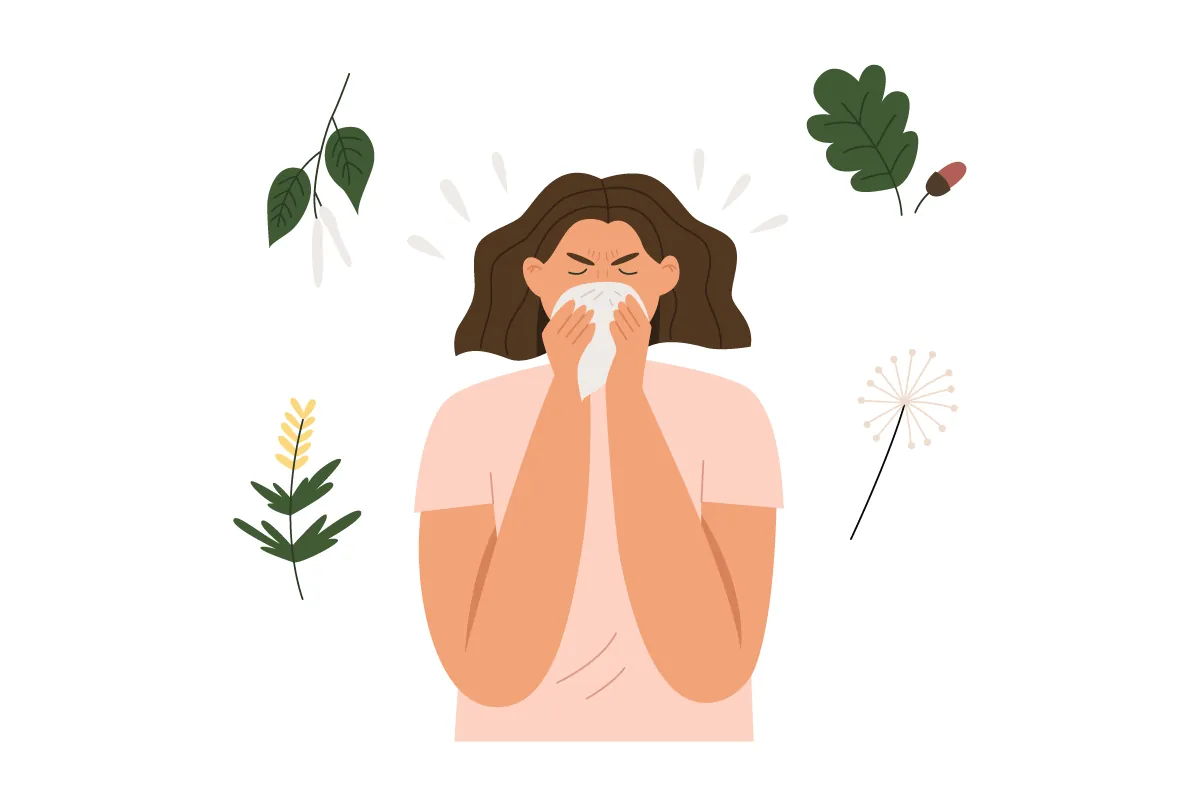Autumn Allergy Alert: Unseasonable Pollen Surge Extends Hay Fever Season
Hay fever sufferers face prolonged discomfort as pollen levels remain unusually high this autumn. Experts attribute the surge to a wet, cool summer, causing grass to continue producing pollen beyond its typical season.

Allergy sufferers are bracing for an extended bout of hay fever symptoms as pollen levels remain unseasonably high this autumn. The unexpected surge, attributed to the wet and cool summer of 2024, has caught many off guard and is causing concern among health experts.
Dr. Adrian Morris, a consultant at the Surrey Allergy Clinic, explains the unusual phenomenon: "Weather conditions have a significant impact on pollen production. Typically, by September, grass should be dried out and no longer releasing pollen. However, the abundant rainfall followed by sunny spells has confused the grass, causing it to behave as if it were June."
The expert estimates that pollen levels are approximately 20% higher than normal for this time of year, a situation he describes as "slightly unheard of." This increase is particularly noticeable for those sensitive to grass pollen, which affects 95% of hay fever sufferers.

The UK experienced its coolest summer since 2015, with mean temperatures 0.22°C below the long-term average. July 2024 was exceptionally wet, with several regions receiving above-average rainfall. These conditions, coupled with intermittent sunshine, have created an ideal environment for prolonged grass growth and pollen production.
Pollen forecasts from the Met Office corroborate this trend. At the beginning of September 2024, nearly all regions in England and Wales reported "moderate" to "high" pollen levels, a stark contrast to previous years. For comparison, on August 31, 2022, only five out of nine regions registered "moderate" pollen levels.
It's important to note that hay fever, despite its name, is neither caused by hay nor does it produce a fever. The condition affects approximately 10-30% of adults and up to 40% of children globally, significantly impacting quality of life, sleep patterns, work performance, and social activities.
"Longer and more intense pollen seasons are something that we are beginning to experience in the UK. So, if you find yourself sniffling and rubbing your eyes in February, your symptoms could very well be caused by hay fever."
This statement from Dr. Bernd Eggen, a senior environmental public health scientist, suggests that extended pollen seasons may become more common in the future. Climate change is already extending pollen seasons and increasing pollen concentrations in many regions worldwide.
For those affected by this autumn's pollen surge, it's worth noting that pollen counts are typically highest in the early morning and early evening. Interestingly, the use of face masks during the COVID-19 pandemic has been found to reduce hay fever symptoms in some individuals.
As we navigate this extended allergy season, it's crucial for hay fever sufferers to stay informed about pollen forecasts and take appropriate precautions. With pollen grains capable of traveling hundreds of kilometers on the wind, even urban dwellers are not immune to this seasonal challenge.


































